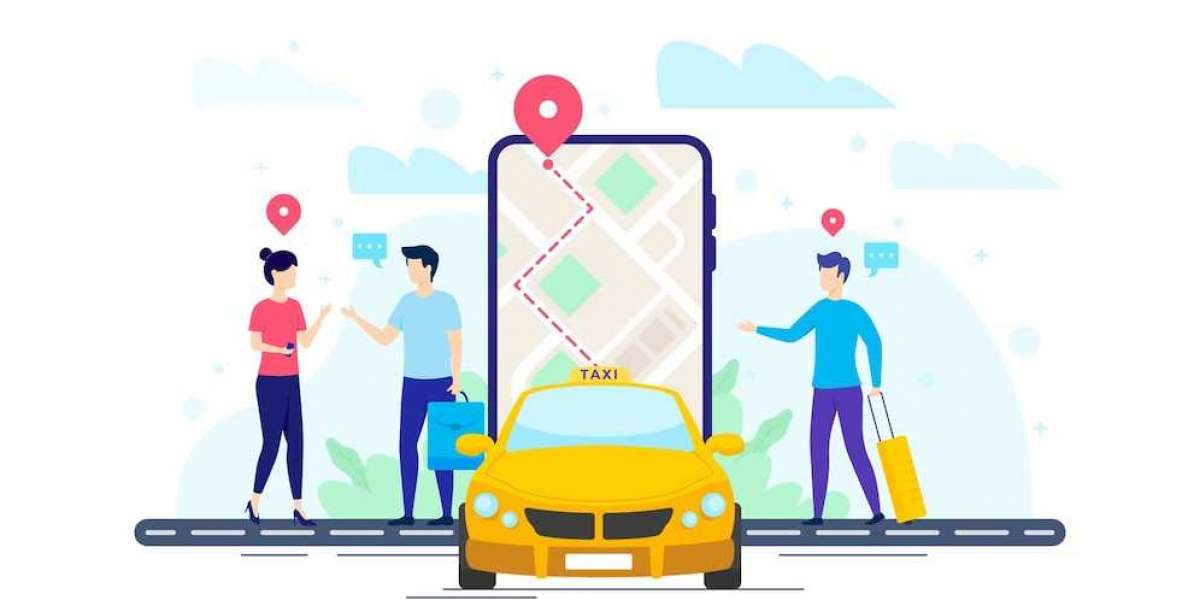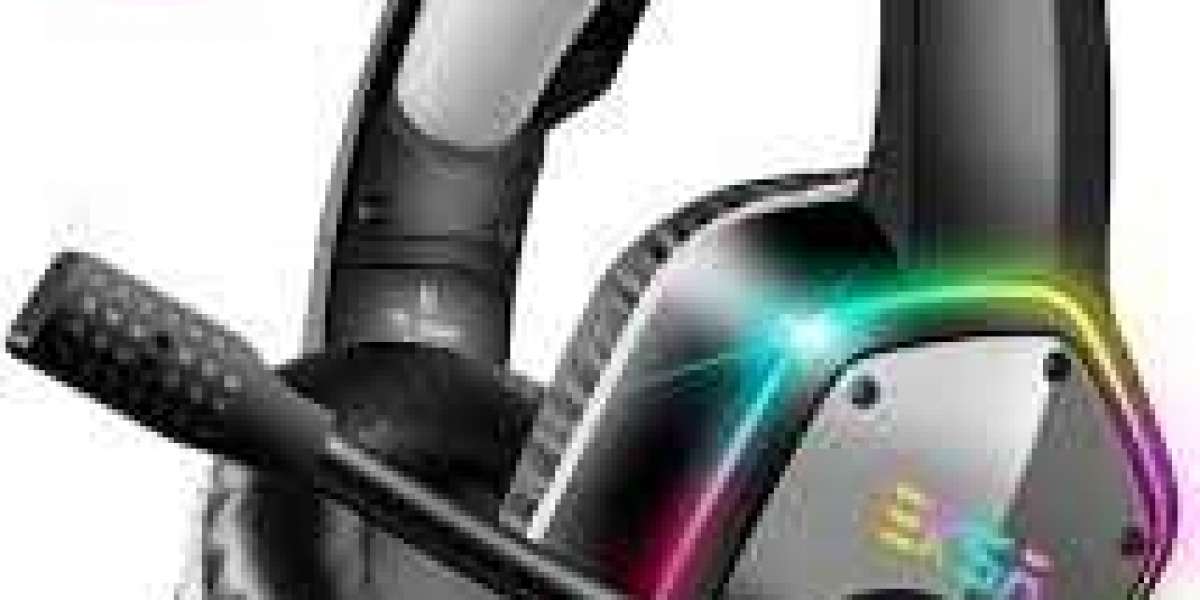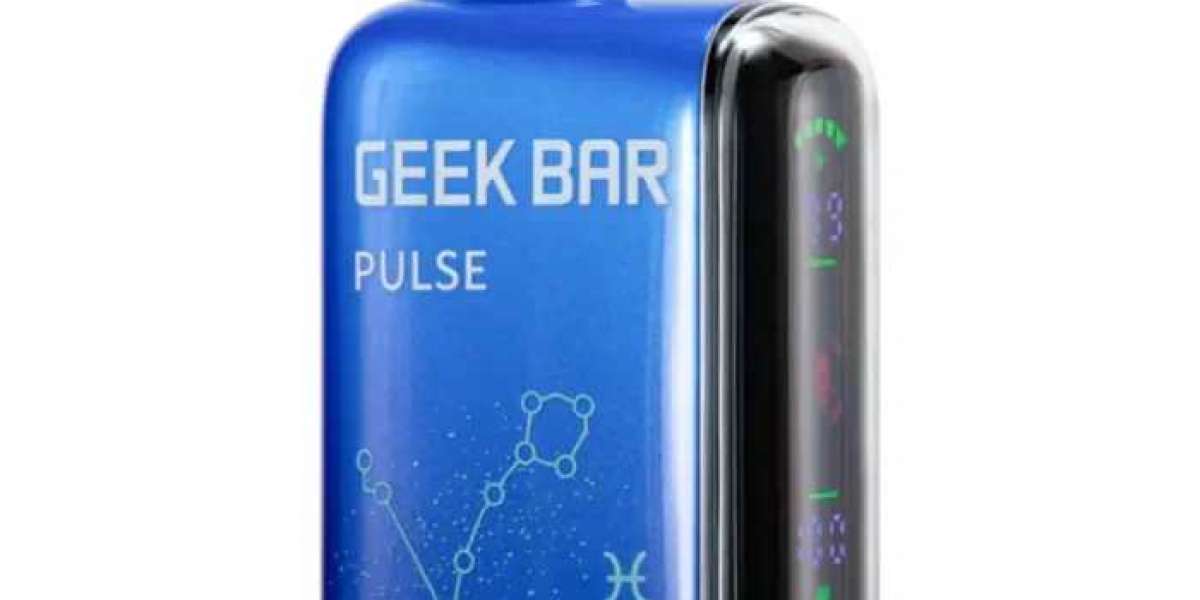In today's digital world, businesses are continuously looking for innovative ways to reach and engage customers. Waze, the popular GPS navigation app, has evolved beyond just helping users find the best route. With its unique business model, Waze has created a powerful platform for marketers to reach consumers in real time. This blog explores how the Waze business model can transform your marketing strategy and provide new opportunities for businesses to connect with customers.
Understanding the Waze Business Model
Overview of Waze
Waze is a GPS-based navigation app that allows users to find the fastest routes, avoid traffic jams, and get real-time updates on road conditions. It’s not just a map app; it’s a community-driven tool where users actively report accidents, hazards, and traffic information to help others on the road. This user-generated content is at the heart of Waze’s business model, making the app more accurate and valuable with every update.
Waze's Advertising Model
What makes Waze particularly appealing to marketers is its advertising capabilities. Waze offers location-based advertising that targets users as they navigate their routes. This includes branded pins, takeover ads, and location-based promotions that pop up when users drive near businesses. By utilizing the data provided by Waze’s vast network of users, businesses can target potential customers with precise ads based on their location, travel habits, and interests.
Integration with Local Businesses
One of Waze's strongest business model elements is its focus on local businesses. The platform allows local establishments to place their business locations directly on the map, helping potential customers find them more easily. Local businesses can run promotions, offer coupons, or advertise specific products to attract drivers who are near their location. This approach transforms Waze into a tool not just for navigation but also for local discovery and marketing.
How Waze Business Model Enhances Marketing Strategies
Location-Based Targeting
One of the primary advantages of the Waze business model for marketers is the ability to target customers based on their location. Traditional advertising methods often rely on mass marketing, hoping to reach potential customers without knowing whether the ad is relevant. With Waze, businesses can create location-based ads that only appear when users are within proximity of their store or service. This precision targeting ensures that ads are not only relevant but also timely, giving businesses the ability to engage users at the right moment.
Real-Time Engagement
Waze’s real-time functionality opens up opportunities for real-time engagement with potential customers. Businesses can run promotions during peak travel times or in response to specific traffic conditions, offering timely deals that appeal to drivers. For instance, a coffee shop can run a promotion during the morning rush hour, offering discounts to drivers passing by. This dynamic approach to marketing increases the likelihood of conversions because it’s based on the immediate needs of users.
Increased Brand Visibility
The Waze business model includes branded pins, which are markers that appear on the map, alerting drivers to nearby businesses. These pins increase brand visibility by reminding users of your business as they navigate. Even if drivers don’t stop immediately, repeated exposure to your brand on the map increases brand recognition and the likelihood of future visits. This form of passive marketing ensures that your business stays top of mind for users, even when they aren’t actively searching for your products or services.
Driving Foot Traffic to Physical Locations
Waze's advertising tools can be highly effective for businesses looking to drive foot traffic to their physical locations. Through its location-based promotions, businesses can attract users who are already on the road and might be inclined to stop for a quick visit. This method is especially valuable for restaurants, gas stations, and retail stores. By providing timely offers, businesses can encourage drivers to make unplanned stops, boosting foot traffic and increasing sales.
Customized Promotions
Another transformative aspect of the Waze business model is the ability to run customized promotions. Businesses can tailor their advertising campaigns based on different variables, such as the time of day, location, or traffic conditions. For example, a business might offer a discount to drivers stuck in traffic near their store, encouraging them to make a stop. This level of customization allows businesses to target specific audiences with highly relevant offers, improving engagement and conversion rates.
Examples of Successful Waze Marketing Campaigns
Quick Service Restaurants
Quick-service restaurants have successfully used Waze’s location-based advertising to attract drivers. By placing branded pins on the map and offering special promotions during peak travel times, these businesses have increased foot traffic and boosted sales. For instance, some fast-food chains offer discounts on meals when users are near their location, tapping into the convenience of location-based marketing.
Retail Stores
Retail stores have also capitalized on Waze’s advertising features by running promotions targeted at users driving nearby. By offering limited-time deals and discounts, these stores have successfully drawn drivers into their physical locations. Waze’s ability to push ads based on a user’s real-time location ensures that promotions are timely and relevant, making it easier for retail businesses to convert drivers into customers.
Gas Stations and Convenience Stores
Gas stations and convenience stores have found Waze to be an effective marketing tool. By placing branded pins on the map, these businesses can alert drivers of their location and offer promotions such as fuel discounts or deals on snacks. Since many drivers are already looking for fuel or convenience stops, this type of marketing campaign directly addresses their immediate needs.
Adapting Waze’s Business Model for Your Marketing Strategy
Incorporating Location-Based Ads
To take advantage of Waze’s business model, businesses should incorporate location-based ads into their marketing strategy. By targeting users in specific geographical areas, businesses can ensure that their ads are relevant and timely, increasing the chances of converting drivers into customers. This strategy works especially well for businesses with physical locations that rely on foot traffic.
Leveraging Data Analytics
Waze provides businesses with valuable data on user behavior, traffic patterns, and ad engagement. Marketers should leverage this data to refine their campaigns, understanding which ads resonate with users and which locations drive the most traffic. By continuously analyzing this data, businesses can optimize their advertising strategy, improving both the efficiency and effectiveness of their campaigns.
Engaging with Local Communities
Businesses can further adapt Waze’s business model by engaging with local communities. This can include partnering with nearby businesses, offering joint promotions, or sponsoring local events. By building a presence within the local community, businesses can strengthen their customer relationship and enhance their marketing efforts through grassroots engagement.
Conclusion
The Waze business model offers a unique approach to marketing by combining real-time location-based advertising with a highly engaged user base. By leveraging the platform’s features, businesses can create customized, timely, and relevant marketing campaigns that increase brand visibility, drive foot traffic, and enhance customer engagement. This innovative model exemplifies how an on-demand app development company can create impactful solutions that benefit both users and businesses.







